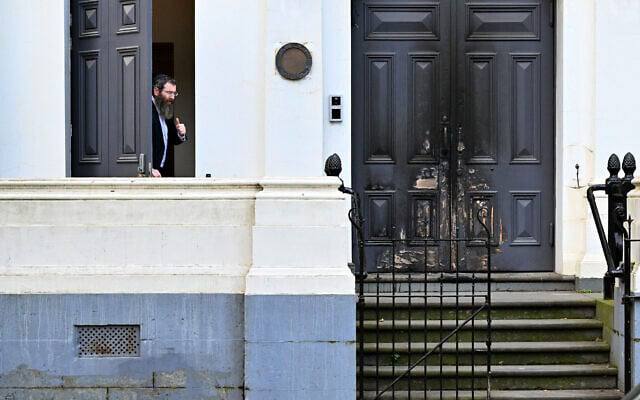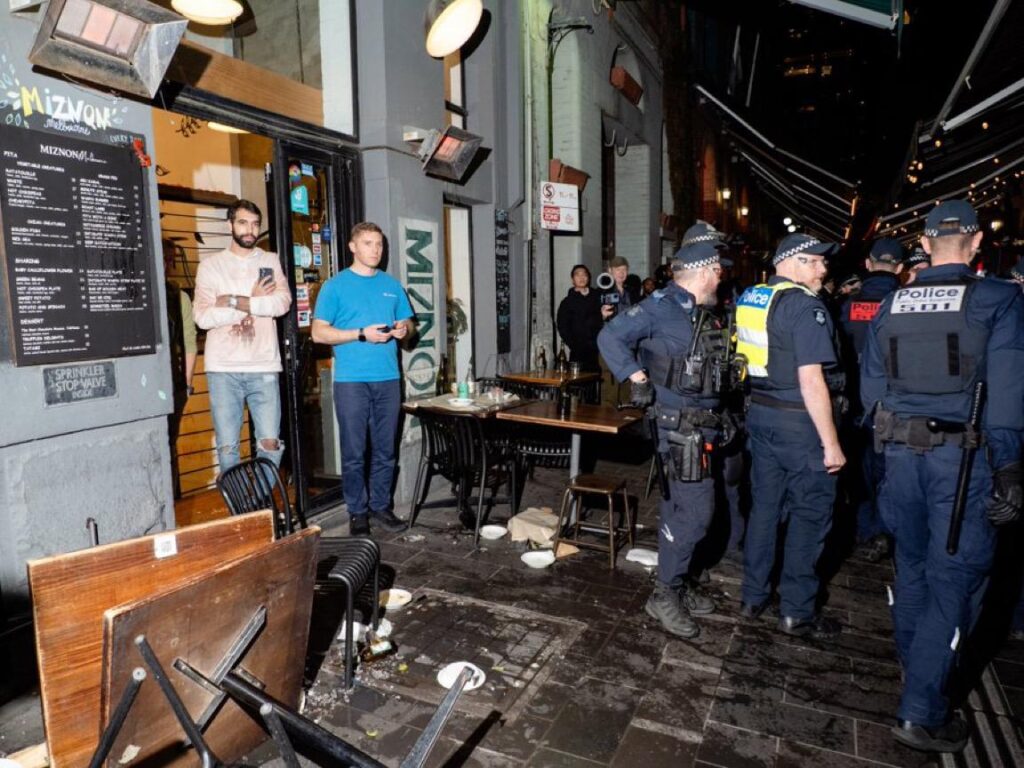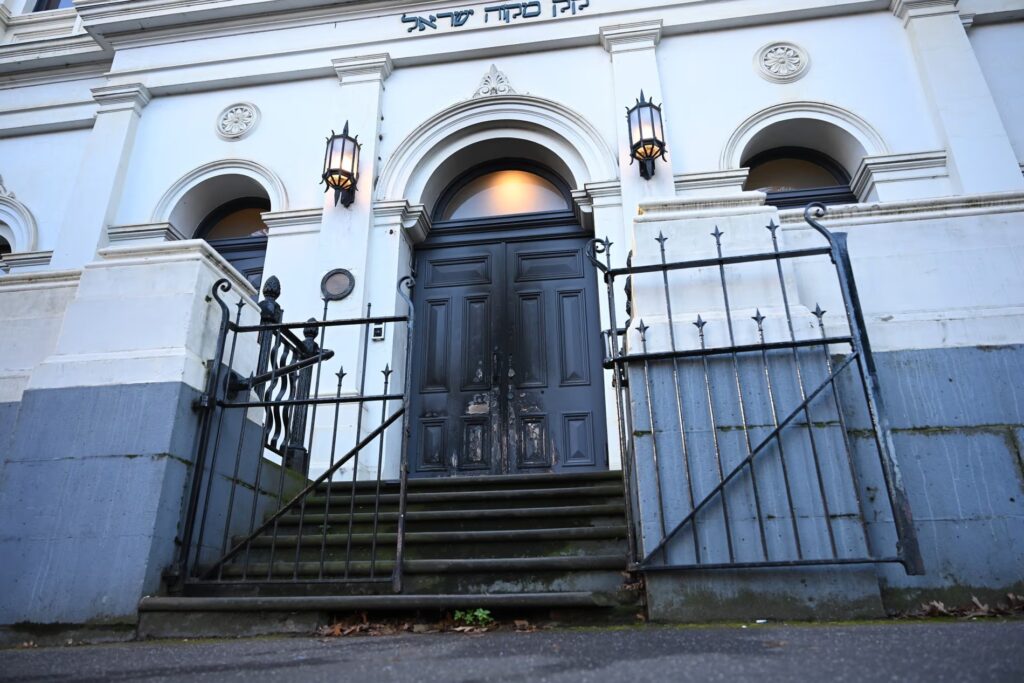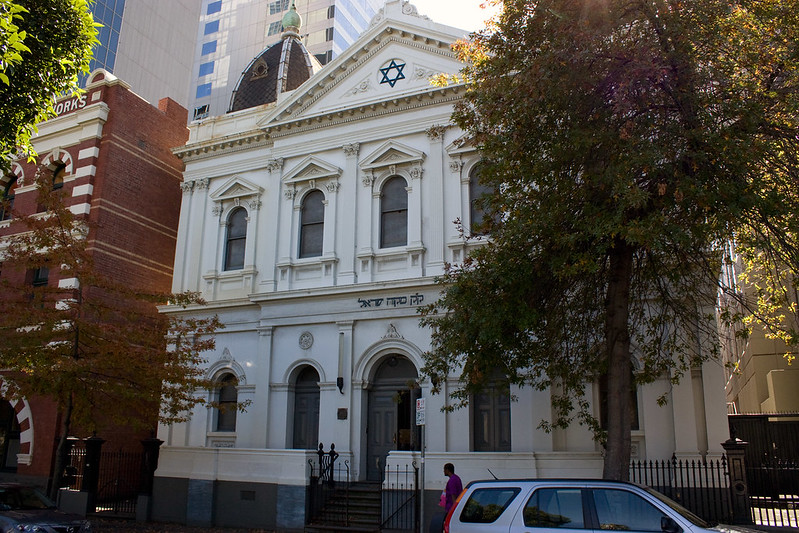FRESH AIR
Understanding Israel’s chaotic election campaign: AIJAC’s guide to the fast-changing political scene of recent weeks
January 11, 2019 | Mirah Teichtahl
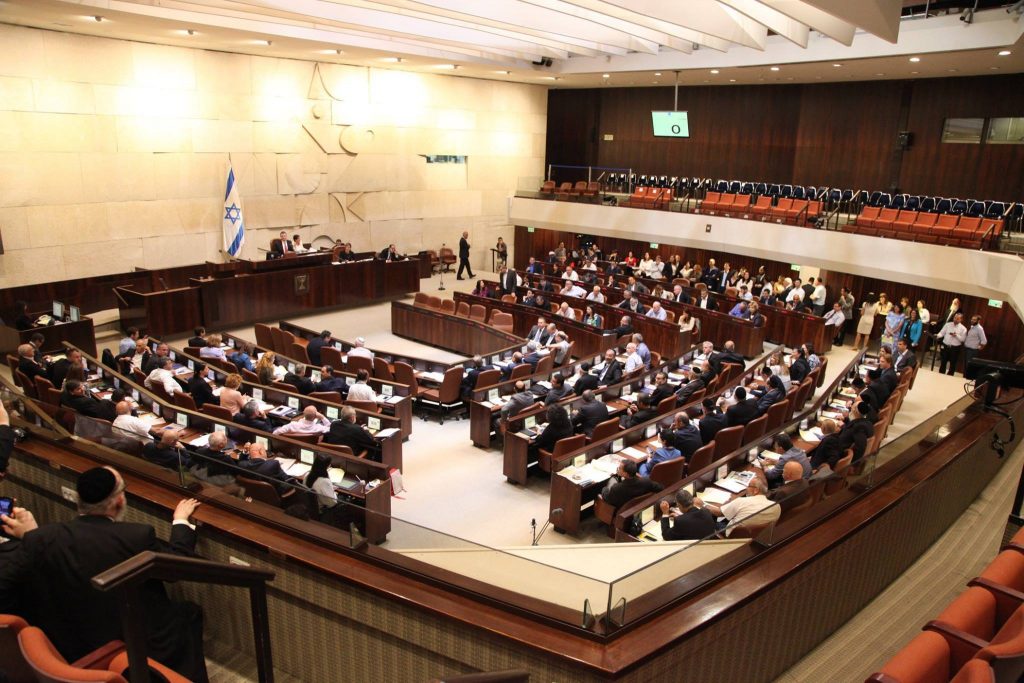
(Source: The Knesset)
Since the announcement in late December that Israel would be going to the polls on April 9, there have been breaking news stories on an almost daily basis – new parties forming, older parties splitting, veteran politicians jumping ship from their parties or being pushed out, and corruption allegations against incumbent Israeli PM Binyamin Netanyahu continue to generate headlines. Below is AIJAC’s quick guide to recent political developments in Israel:
- Israel is a parliamentary democracy based on proportional representation – meaning seats in Israel’s Knesset are allocated according to a proportion of the total national vote. The Knesset usually includes representatives from numerous parties (there are ten in the current Knesset following the last election), and as no party has ever gotten a parliamentary majority, all Israeli governments since 1948 have been coalitions.
- On December 24, the speaker of the Knesset (Israeli parliament), Yuli-Yoel Edelstein, announced that the Israeli national elections will be held on April 9, 2019 (nearly 8 months before the completion of the full term of current Knesset).
- The Government was prompted to go to elections after the fragile right-wing political coalition led by Netanyahu (leader of the Likud Party, and governing with a majority of 61 seats in the 120 member parliament) – weakened by the defection of then-Defence Minister Avigdor Leiberman and his party last November – failed to pass a conscription bill for ultra-Orthodox Jewish students. (In 2017, the Israeli Supreme Court struck down an existing military drafting exemption for the students stating it was unconstitutional, and ordered Parliament to pass new legislation.)
- On December 27, Benjamin “Benny” Gantz – former army Chief of General Staff from 2011 to 2015, who oversaw several operations in Gaza and the Israel-Syria front – launched his own political party: Hosen Yisrael (Resilience of Israel). In polls, Gantz runs a close second to Netanyahu as preferred Prime Minister while his party appears to have good prospects of receiving the second highest number of votes after the Likud.
- On December 29, Justice Minister Ayelet Shaked and Education Minister Naftali Bennett (who both entered politics in 2012) left the Jewish Home (Bayit Yehudi) party to form Hayemin Hehadash (The New Right) party. This was particularly surprising given that Bennett was the leader of Jewish Home. On January 2, well-known right-wing Israeli columnist and policy analyst Caroline Glick announced she was joining Hayemin Hehadash. The American-born Glick will lead the English language campaign for the party.
- Hayemin Hehadash says it plans to develop policies that find as broad a consensus as possible within the constraints of its right-wing ideology, while maintaining Israel’s Jewish character and respect for personal freedom. Unlike Jewish Home, it will not be an explicitly religious party, which likely deterred some secularist voters from supporting Jewish Home.
- In a Knesset meeting, after the split in Jewish Home, the ruling Likud party sought to lower the electoral threshold. At present, parties need to achieve 3.25% of the vote for any of their candidates to be elected. This means that parties only enter the Knesset with a minimum of four seats. Any party dropping below the threshold has its votes exhausted, as Israel does not have preferential voting. Analysts have pointed out that the right-wing bloc in the Knesset could lose tens of thousands of votes, and potentially its parliamentary majority, if Jewish Home, or Hayemin Hehadash or any of several other smaller right-leaning parties currently in the Knesset failed to exceed the 3.25% threshold.
- A new Arab-oriented party – called New Horizon – registered with the Justice Ministry in mid-December as a centrist Arab party that counters the more radical Joint Arab List Party’s platform. Nazareth resident Salman Abu Ahmad, the party’s founder, said that New Horizon’s Knesset list will include Arab Israelis from around the country. Arab citizens comprise some 20% of Israel’s population. The Joint Arab List won 13 seats in the 2015 election and, while New Horizon seeks to have a wider appeal, Abu Ahmad did not rule out joining it if New Horizon is elected to the Knesset.
- Meanwhile, Ahmad Tibi, chairman of the Ta’al party, one of the four parties making up the Joint Arab List, asked the Knesset to authorise his party’s split from the Joint Arab List (JAL) after his request to head the JAL was rejected.
- On January 1, the opposition Zionist Union (HaMahaneh HaZiyoni) faction split as Avi Gabbay, head of the Labor Party, dismantled his party’s partnership with Tzipi Livni and her Hatnua (“The Movement”) party, publicly and without prior notice, on live television. Hundreds of Labor Party members have quit the party to protest Gabbay’s conduct. Labor has some 60,000 registered members, more than 4,000 of whom joined since the early election was called.
- Livni has subsequently refused to rule out joining a future coalition headed by Prime Minister Benjamin Netanyahu. However, it is unclear if her Hatnua party can gain enough votes to return to the Knesset on its own.
- On January 8, United Torah Judaism (UTJ) party head Yaakov Litzman requested the Knesset House Committee to split the Degel HaTorah and Agudat Yisrael parties that make up the UTJ. However, Litzman has denied this request will lead to Degel HaTorah and Agudat Yisrael running separately in the upcoming election.
- On January 7, Prime Minister Netanyahu announced on Twitter that he would make a “dramatic announcement” on live television that evening. He used the television appearance to denounce the “nonstop pressure on the attorney general to indict me” and claim the charges against him “demand a confrontation with the State’s witnesses” against him in alleged corruption charges. While some supporters were sympathetic, most Israelis felt that the announcement was not in fact “dramatic” and most of the media was critical of the way the speech was billed. Israel’s Attorney General, Avichai Mandelblit, has said he will announce his decision whether or not to indict Prime Minister Netanyahu before elections are held.
- Two small political parties – Eretz Hadasha (New Land) and the Yashar (Direct) party – even submitted complaints to the Central Elections Committee asserting that Netanyahu’s remarks violated campaign laws.
- On January 7, Nadav Argaman – the head of Israel’s Shin Bet internal security service – reportedly warned at a conference in Tel Aviv that he was “one hundred percent” certain that a specific foreign country “will intervene in the upcoming elections” in Israel – adding “I know what I’m talking about.” On January 8, State Comptroller Joseph Shapira stated that he would review the effectiveness of the protection of systems by election authorities and political parties from hacking or social media manipulation. While Russia was not publicly named, on January 9, the Russian presidential spokesman Dmitry Peskov said that Moscow does not intend to interfere with the elections in any other country. “It is out of the question,” Peskov said. “Russia has never interfered in elections in any country and has no plans to do it in the future.”
Tags: Benjamin Netanyahu, Israel, Knesset
RELATED ARTICLES

‘Optimism’ for Hamas to ‘exile’ their power and create a permanent ceasefire with Israel: Joel Burnie on Sky News
Jun 30, 2025 | Featured, Video

Australian government’s response to Iran-Israel conflict ‘disappointing’: Paul Rubenstein on Sky News
Jun 17, 2025 | Video

UNRWA feeds the ‘Palestinian delusion’ of no Jewish state: Dr Einat Wilf on Sky News
Jun 12, 2025 | Featured, Video

Albanese urged to visit Israel instead of ‘throwing mud’ over Gaza war: Joel Burnie on Sky News
May 30, 2025 | Featured, Video
















